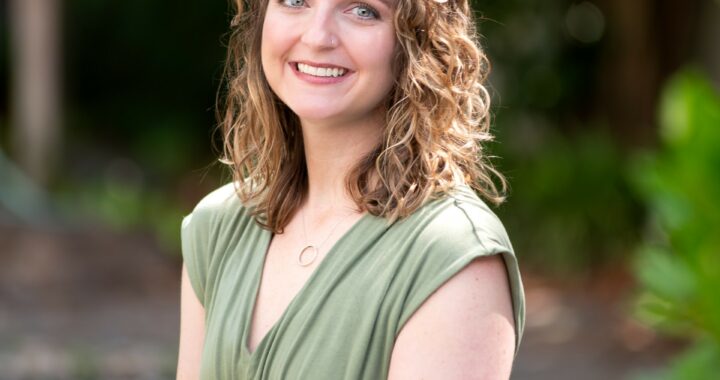Afghan Students Adjust to Life at UMW
3 min readBy Kaitlin Mayhew
Wearing pajamas to an 8 a.m. class is a common occurrence at the University of Mary Washington, but for Afghanistan exchange students Nilab Sadat and Zahra Noor the casual dress code was shocking.
“In Afghanistan I have to take care of at least a chador or long clothes,” Sadat said. “I could never wear pajamas or sports clothes.”
This is Sadat and Noor’s first year at UMW. The girls came here from Kabul as freshmen in the fall and will be studying in Fredericksburg for all four years of their undergraduate education before returning to Afghanistan.
Their culture shock is not limited to the religious aspect of clothing. In Afghan universities, it is customary to dress formally for classes.
“I felt surprised when I first saw the way they dress here, but I like it,” Noor said.
Sadat agrees with Noor, saying that studying and paying attention in class is easier when you don’t have to worry about what you’re wearing.
Sadat and Noor have come in contact with more drastic differences than wardrobe contents in their first semester at Mary Washington. The education system is the biggest difference that they have had to adjust to.
“Here everything is by computer, in Afghanistan it’s not,” Sadat said. “Also, you have access to so many resources.”
The two girls say that study rooms, helpful professors, and constant connections to the Internet all make the educational experience drastically different from what they were used to back home.
In Afghanistan everything is hand written and progress of educational conditions is slowed by constant warring.
“The change is happening, but it is taking longer,” Sadat said. “Many education buildings and many libraries were burned during the wars.”
Another welcome change for Sadat and Noor is UMW professors advanced teaching methods.
In Afghanistan, teachers are supposed to be respected and there is little one-on-one interaction with students. At UMW, longer professors’ office hours and willingness to help were key factors in the girl’s successful introduction to the campus.
“The first semester was a learning experience,” Noor said.
Both girls affirm that they are almost completely acclimated to life here. The roommates are taking Introduction to International Affairs, which has turned out to be a favorite class for both of them.
“The teacher is a really great lecturer,” Noor said. “And many things that I was experiencing back home, I now have the words to describe.”
In a recent visit to Washington D.C., the girls got a sense of the many differences between the capital of the United States and their home country’s capital, Kabul.
“In Washington, everything is so old and preserved in a very good way,” Sadat said. “Kabul is a war-torn city. You cannot find the old town, and I don’t like that because there were many good things to preserve.”
In Afghanistan, both Sadat and Noor worked government jobs out of high school. Sadat served as a translator for the UN and Noor did accounting work at the U.S. embassy.
Living in America, both girls have encountered many misconceptions about their home country.
“They shouldn’t believe only [what the] media [says] about the violence. Of course it is there, but Afghanistan also has good things,” Sadat said. “The media will never report on the good things, they won’t get sold.”
Noor said that some students see all Afghans as Taliban members and impolite people who harbor a hatred for foreigners.
“It is only a very small part of people against progress,” Noor said. “Most people are well known for their hospitality.”
For the most part, the two students have found UMW to be an inviting place with friendly people and supportive professors.
One of Noor’s cherished memories is her discovery of Halloween this past October when she walked outside and noticed students dressed strangely.
“I really like it about America that despite being a developed country they still celebrate traditions from long ago like Halloween and Thanksgiving,” Noor said.
Noor’s favorite part of America is the kindness the people have shown her.
“I would like to thank UMW for the scholarship they gave me and the opportunity to get an education here,” Sadat said.


